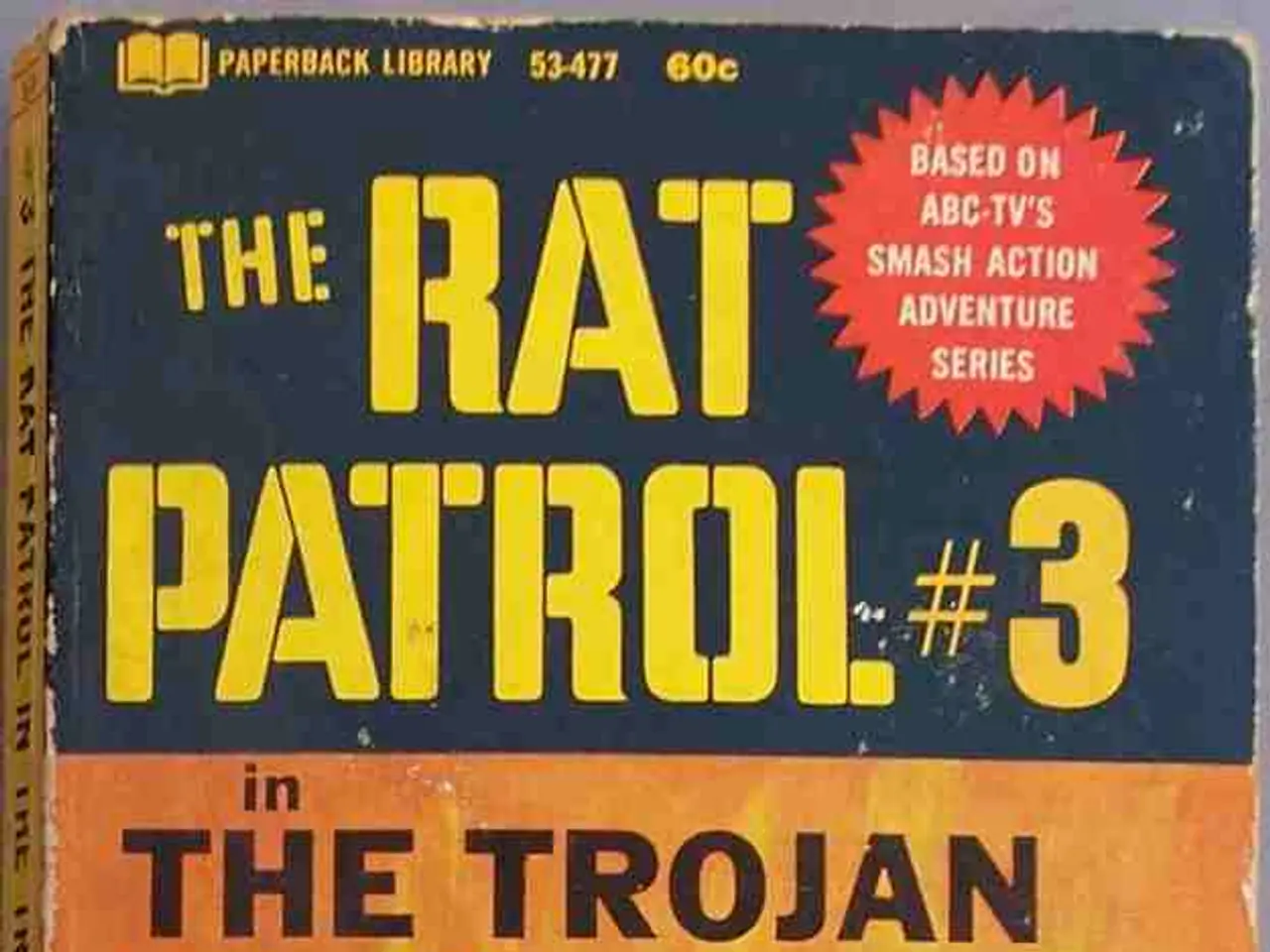Lawsuit against Cambodia's leader over alleged war crimes advocated by Army's second-in-command
Tension Eases but Remains in Thailand-Cambodia Border Dispute
The ongoing border dispute between Thailand and Cambodia, particularly in the Chong An Ma area of Ubon Ratchathani, remains a delicate issue despite recent progress towards de-escalation. After a flare-up in July 2025, a ceasefire has been in place, though its longevity is uncertain due to lingering mistrust and nationalist pressures on both sides.
In the Chong An Ma area, reports of Cambodian soldiers cutting Thai barbed wire along the border led to tensions, but these were resolved through negotiations. Both sides have agreed to maintain the status quo, and Thailand has replaced the cut barbed wire, indicating a localized resolution there.
On a broader scale, Secretary-level talks under the General Border Committee have produced a tentative agreement, pending approval by Thailand’s National Security Council and Cabinet, and final meetings scheduled in Malaysia. Both governments continue to express a desire for a peaceful resolution, but mutual distrust and political complexities, including family-based politics in both countries, complicate negotiations.
Cambodia has considered submitting the dispute to the International Court of Justice (ICJ), but Thailand rejects third-party jurisdiction, insisting on bilateral mechanisms for border resolution. Military fortifications along the border have been enhanced, though troop levels have not increased substantially recently, reflecting cautious de-escalation efforts.
The conflict's history spans over a century, fueled by undemarcated border sections and colonial-era legacies. The July 2025 fighting caused significant casualties and displacement before the ceasefire was brokered.
Potential future developments may include continued bilateral talks to finalize border agreements, possibly with ASEAN or regional mediation support. Military and diplomatic confidence-building measures to reduce flashpoints like Chong An Ma could also be implemented. Political dynamics within Thailand and Cambodia will influence negotiation stances, with nationalist sentiment likely to remain a factor.
In Chong An Ma, Cambodia's actions are seen as a protest over contested land by Thailand. The Second Army Region chief agreed with the idea of laying fences along the border, but emphasized that both sides must agree for a proper and peaceful arrangement. The Second Army Region is ready to support evidence for legal action against the perpetrators.
Thailand does not use landmines, as they are prohibited under the Ottawa Convention. However, the landmines in the Thailand-Cambodia border area are believed to have been planted by Cambodia. Thailand aims to bring the landmine issue in the border area to international discussions for cooperative clearance by neutral global organisations.
The Second Army Region will handle matters involving injured or killed soldiers within the legal framework, including ensuring the protection of rights during conflicts between the two forces. The Second Army Region chief stated that if one side builds a fence, the other side dismantles it, and protests arise, it will never be resolved; he suggested that discussions at the government level are necessary to define the agreed border lines before any action is taken.
Lastly, China has proposed a joint effort with Thailand to clear unexploded landmines in the Thailand-Cambodia border area and has offered mediation for bomb clearance. The Second Army Region chief agreed with the government’s approach to have the Ministry of Foreign Affairs take legal action against Cambodia for potential war crimes and the destruction caused to Thai civilian areas.
Overall, while the immediate flare-up has subsided with negotiated agreements on the ground, the border dispute, especially around contentious zones like Chong An Ma, remains a delicate issue requiring sustained diplomatic engagement to prevent renewed violence.
Read also:
- Weekly happenings in the German Federal Parliament (Bundestag)
- Southwest region's most popular posts, accompanied by an inquiry:
- Discussion between Putin and Trump in Alaska could potentially overshadow Ukraine's concerns
- Massive 8.8 earthquake hits off the coast of Russia's Kamchatka Peninsula, prompting Japan to issue a tsunami alert.








